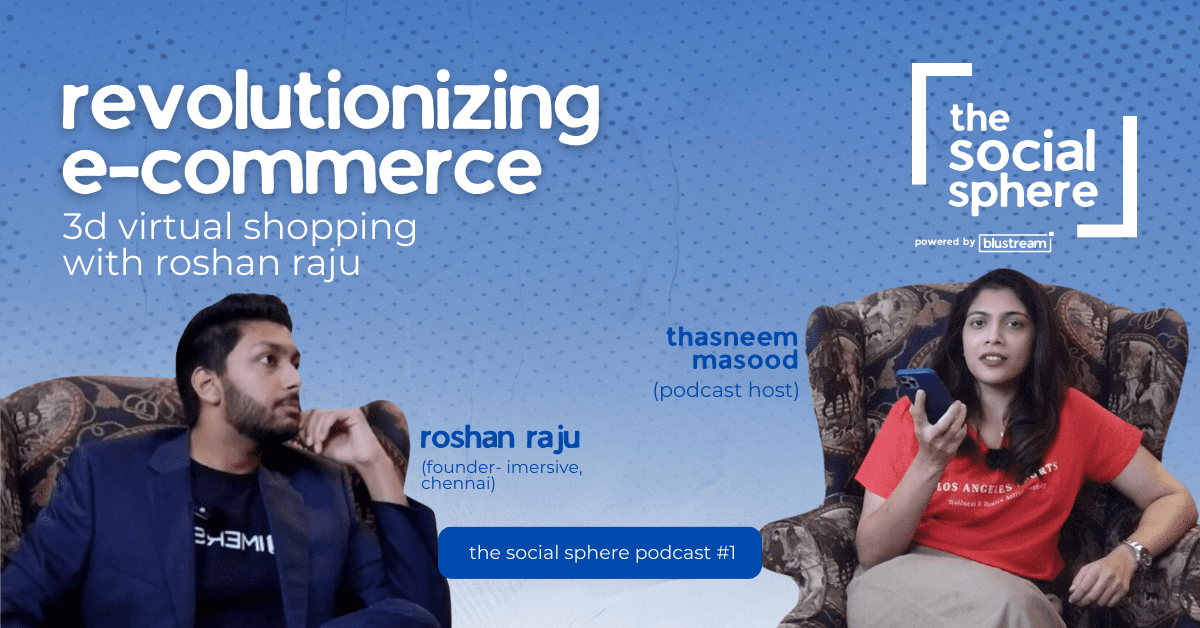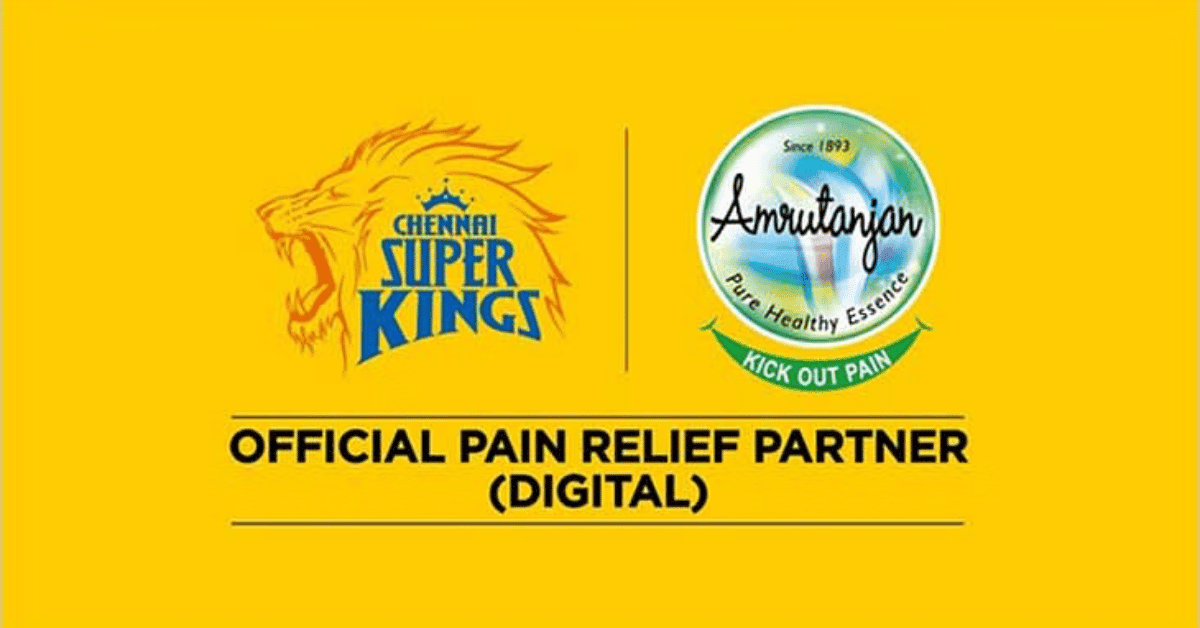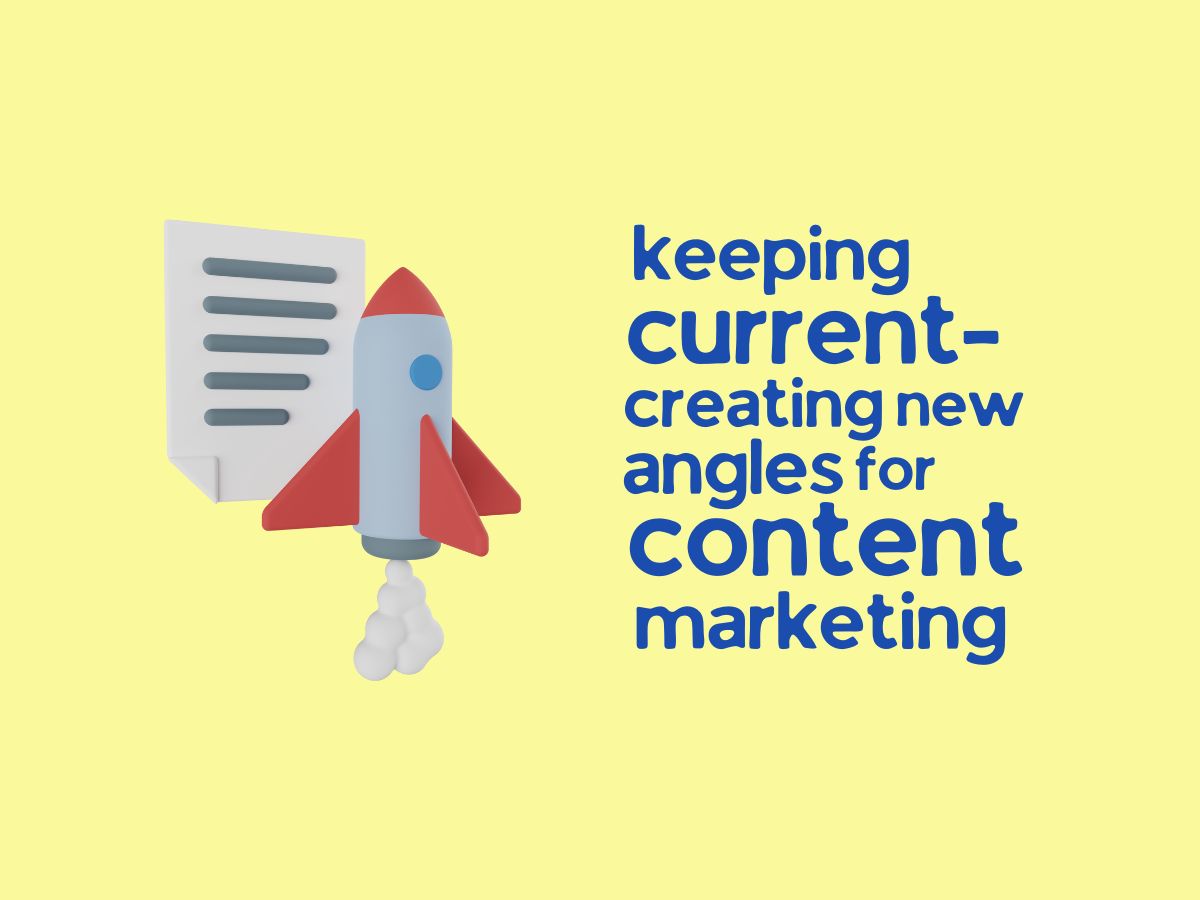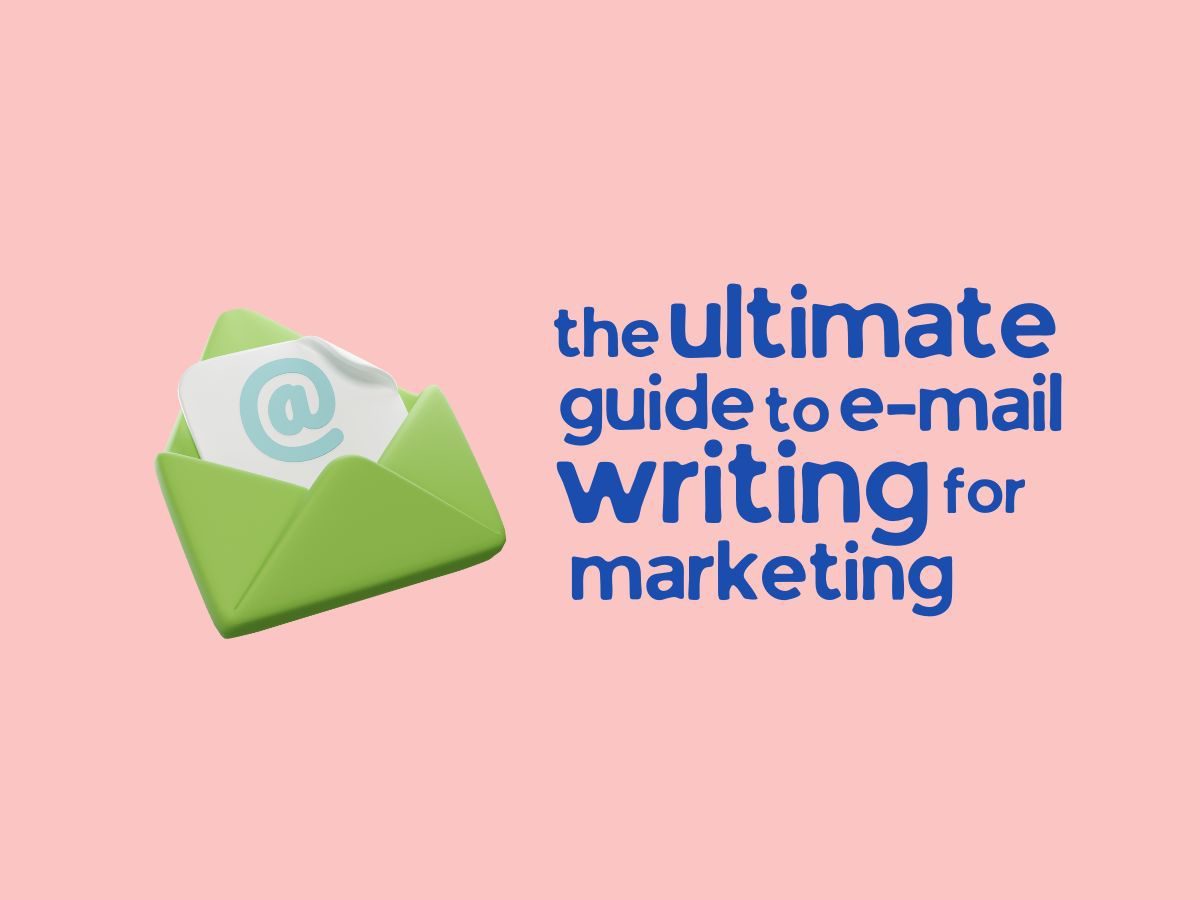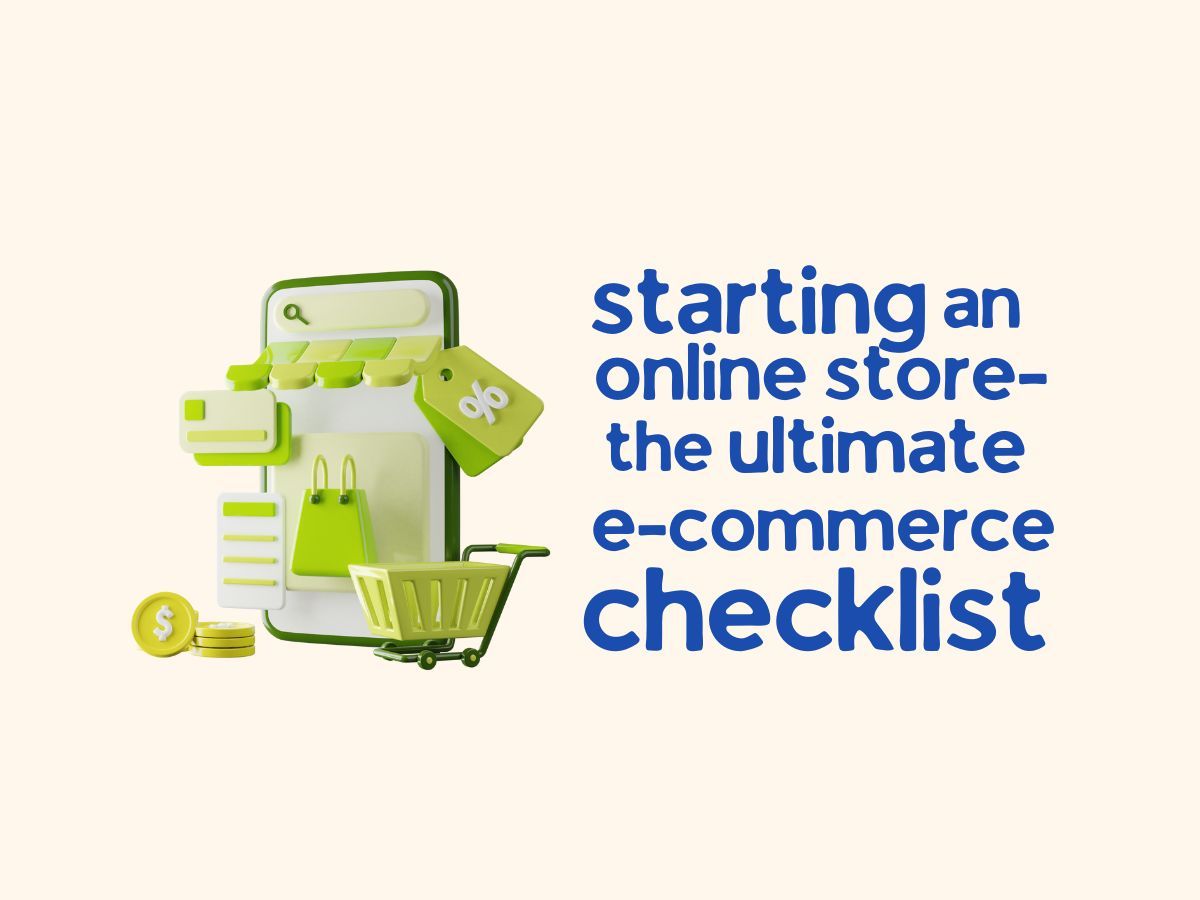The internet is more privacy conscious than ever. Some of the biggest tech companies have made the move to ban third-party cookies, which track people’s activity across the web. These cookies provided detailed customer information to advertising platforms and allowed businesses to create ultra-targeted campaigns. For those wondering how the ad campaigns will succeed without this data, the solution is first-party data.
What is first-party data?
First-party data is information about your audience collected by your business. You don’t purchase or use insights from another business. Instead, customers directly provide you with their information. First-party data may be anything from customer emails to a record of different actions someone takes on your website, like purchases or content downloads.
You don’t need to manually track every interaction with your customers. Great tools exist to help you manage your first-party data. They are a customer relationship management system (CRM) and a customer data platform (CDP). Both of these technologies gather first-party data that helps you gauge where your potential customers are in the sales pipeline and how you can best interact with them to make a sale. CRM software offers you a way to track interactions between your team and your customers.
It is a Central location for remembering customer interactions like sales calls, deals won, and contact information. A CRM makes a huge difference for your sales team. A CDP helps you track the interactions a customer takes after they discover your business. This gathers information like website behaviour and user demographics to help you understand more about your audience. A CDP can help make your marketing strategy more personalized and effective.
Why does it matter?
- From a data compliance perspective, there is very minimal risk for business owners.
- From a quality perspective, there are a lot of questions about the likes of Google and the other conglomerates about the quality of the data that is accessible.
- From an accuracy perspective, as you collect it, you understand the quality of it, and then you know it is accurate because it is very much one-to-one.
- From a relevancy perspective, if you collect it in a correct way, and you use it correctly, you have greater insight into the relevance of the specific audiences so that you can use it later on in ways that apply to your business.
- Cost-effectiveness – It is very cost-effective to use your data in your customer base because it provides a strong return on investment results.
Benefits of first-party data
- Reach consumers who expect to hear from your business
It might be easy to tap into third-party data. But what you save in time and effort, you pay for in a lack of marketing effectiveness, especially as these capabilities start to disappear. First, party data is collected from your website visitors, email subscribers, and current customers. They have chosen to make a purchase, contact you, or take another action with your business.
Your marketing messages are likely to be welcome, not ignored – especially if it is useful to them in their journey to make a purchase. In fact, research shows that brands that use first-party data in their campaigns see improvement in their conversions, brand awareness, and other business metrics.
- Tailor the brand experience to your customers.
More than 60% of consumers expect businesses to use personalization. One study revealed that 80% of consumers are more likely to purchase from a company if they experience personalization. Using your customer data you can craft ultra-targeted ads based on different interactions with your business. You can send extremely relevant emails to people who fit your ideal customer profile.
You may even upload a list of contacts targeted with Google ads customer match. First-party data can lead to more successful, personalized campaigns for your business.
- Increase your marketing ROI
Targeting people who have shown significant interest in your business means you don’t have to waste money or time on irrelevant low-quality leads. You can focus your budget on the people who are most likely to convert with the highest customer lifetime value, leading to less wasted spending and a positive return on your marketing investment.
How to collect first-party data?
Make sure your customers know to process their information and what you will do with it once you have it. In addition, give people a way to opt out, if they only want some marketing messages or decide that they want none. A tried-and-true strategy to collect first-party data is to offer something valuable in exchange for customer information.
Tips for gathering first-party data
What can you offer people that makes them want to give you their emails, names or phone numbers?
Some strategies to gather this data include:
- Ask people to fill out an email subscription form on your website to receive a helpful newsletter
- Offer a rewards program in which people share their information to get special deals and benefits when they shop with you.
- Track customer information when they make online and offline purchases
- Provide a unique piece of content to those who give you their contact information.
- Sharing an information-packed webinar with people who RSVP via email.
- Adding a contact form to your website that asks people for their information.
And with that we come to the end of this comprehensive journey, do let us know your thoughts and takeaways from it in the comments down below. Throw us a follow on social media on the below handles to stay updated. Till then, we’ll catch you in the next one.






